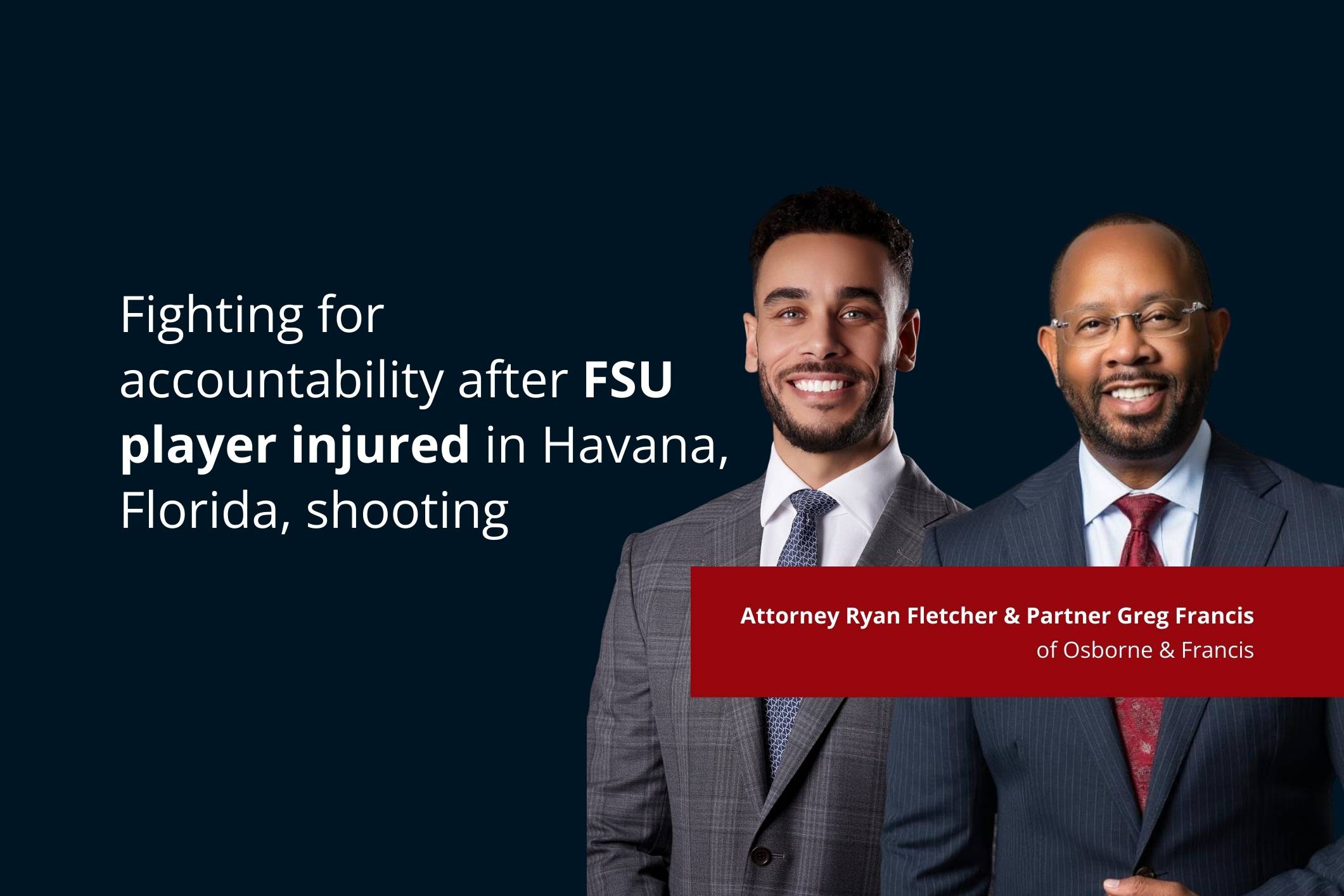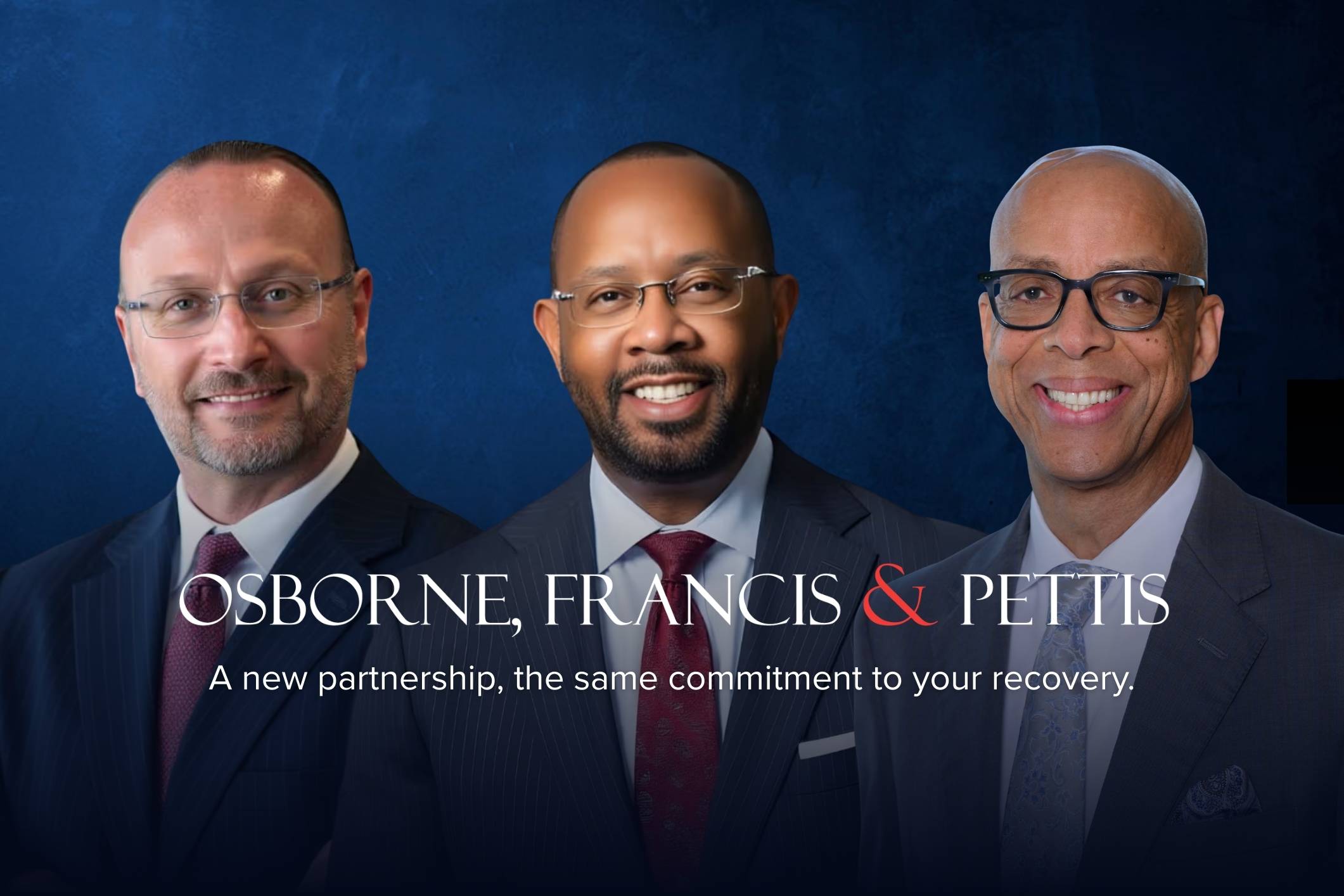More than 11,000 people died in Florida due to unintentional falls in 2021. Many of these falls occurred due to carelessness. Accidents like these occur for many reasons. For example, grocery store employees might fail to clean up spills, or people might neglect to remove obstructions that cause victims to trip. Not only can these accidents result in tragic deaths, but they can also lead to devastating injuries.
These kinds of accidents often result in the filing of premises liability lawsuits. But proving negligence can be very complex. The attorneys with Osborne & Francis have extensive experience in premises liability cases, and we know how to help our clients obtain maximum compensation. If you would like to schedule a free consultation, please contact us online or call (561) 725-9572.
Understanding Premises Liability in Florida
Premises liability refers to the legal responsibility of property owners or occupiers to maintain safe conditions on their property for those who enter it lawfully. When someone suffers an injury due to a hazardous condition on someone else's property, they may be able to file a premises liability claim.
To establish a successful case, the injured party must prove the following elements of negligence:
Duty of Care
The first element to prove is that the owner or occupier of the property owed the plaintiff (the injury victim) a duty of care. The duty of care varies depending on the legal status of the person on the property (trespasser, licensee, or invitee). More on this later.
Breach of Duty
The injured party must demonstrate that the defendant breached their duty of care. They may, for instance, have failed to keep their property safe or adequately warn about potential hazards.
Causation
The injured party must also establish a direct link between the property owner's breach of duty and the injuries suffered. They need to show that the hazardous condition was the direct cause of the injuries.
Damages
Finally, the injured party must prove they suffered actual financial losses or damages from the accident. Examples include lost wages, medical bills, pain and suffering, and others.
Evidence Needed to Prove Premises Liability
Building a strong premises liability case requires gathering compelling evidence to support the injured party's claims. Here are some key types of evidence that can be crucial in proving the property owner's liability:
Photographs and Videos
Visual evidence is powerful in establishing the hazardous condition that caused the injury. This could include photographs or videos of the accident scene, showing the dangerous condition, lack of warning signs, or any other factors contributing to the incident. It’s essential to capture the scene as soon as possible after the accident to preserve the evidence before any changes are made to the property.
Accident Reports
If the victim reported the accident to the property owner, management, or local authorities, these reports can serve as important documentation. They can provide details about the incident, the injured party's injuries and potentially indicate whether the property owner had prior knowledge of the hazardous condition.
Witness Statements
Statements from individuals who witnessed the accident can be highly valuable in corroborating the injured party's account of what happened. Witnesses can provide additional details about the hazardous condition, the property owner's actions (or lack thereof), and other relevant factors.
Medical Records
Detailed medical documentation is essential to establish the extent of the injuries and their impact on the injured party's life. Medical records can show the diagnosis, treatment plan, medical expenses, the severity of the injuries, and the prognosis for recovery.
Past Incidents or Complaints
If there were prior incidents or complaints about the same hazardous condition, it might indicate a pattern of neglect on the property owner's part. This pattern could further support the injured party's claim.
Understanding the Legal Status of the Victim
In Florida, the legal status of the person on the property determines the level of duty of care owed to them. The duty will differ depending on whether the victim was a trespasser, licensee, or invitee. The following is a brief explanation of each.
- Trespasser: Someone who enters the property without permission or legal right. Property owners generally owe a minimal duty of care to trespassers and must avoid intentional harm.
- Licensee: A person with permission to enter the property but for their own purposes, such as social guests. The property owner must warn licensees of any known hazards.
- Invitee: A person who is invited onto the property for business purposes or mutual benefit, such as customers in a store. The property owner has a higher duty of care to maintain safe conditions and regularly inspect for potential hazards.
What are Attractive Nuisances?
An attractive nuisance is a specific legal concept in premises liability cases involving dangerous property conditions that may attract children. These conditions could include swimming pools, construction sites, abandoned vehicles, or other potentially hazardous areas. Even if a child trespasses onto the property, the property owner may still be liable for any injuries if they fail to take reasonable steps to prevent access to the attractive nuisance and keep it safe.
Florida law identifies other kinds of attractive nuisances as well. If, for instance, a homeowner throws out a refrigerator, clothes dryer or another type of airtight item without removing the door, they could be held liable if a child gets inside the item and is trapped.
Why Winning Premises Liability Cases is Challenging
Winning premises liability cases can be challenging for several reasons. Here’s a quick look at just a few of those reasons:
Complexity
Proving negligence requires a thorough understanding of premises liability laws, and the injured party must establish all elements of negligence to succeed.
Evidence
Gathering sufficient evidence to demonstrate the property owner's liability can be demanding. This often involves conducting detailed investigations, gathering witness statements, and obtaining documentation from various sources.
Comparative Negligence
Florida follows the modified comparative negligence rule. If someone is found to be more than 50% to blame for an accident, they can’t recover damages. This can complicate matters, as the defense may attempt to shift the majority of blame onto the injured party to lessen their liability.
Powerful Insurance Companies
Property owners often have insurance companies representing them, and these companies may employ skilled lawyers who aim to minimize payouts. Facing such resources with legal representation can make things much easier for the injured party.
How Can a Premises Liability Lawyer Help You?
A premises liability lawyer can be instrumental in helping you navigate the complexities of your case. They can:
- Investigate: Conduct a thorough investigation to gather evidence supporting your claim.
- Negotiate: Engage with the property owner's insurance company to seek a fair settlement.
- Litigate: Represent you in court if a settlement can't be reached and the case goes to trial.
- Advise: Provide legal advice based on their expertise in premises liability law.
- Build your case: Establish all the elements necessary to the claim (duty of care, breach, causation, and damages).
Having a skilled premises liability lawyer with Osborne & Francis by your side can significantly improve your chances of obtaining fair compensation for your injuries and losses. Schedule a free case review by calling (561) 725-9572 or using our online form.
.avif)




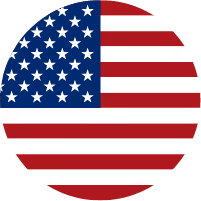

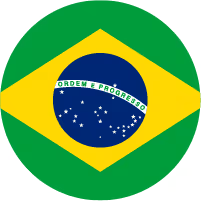





.avif)

.avif)
.svg)
